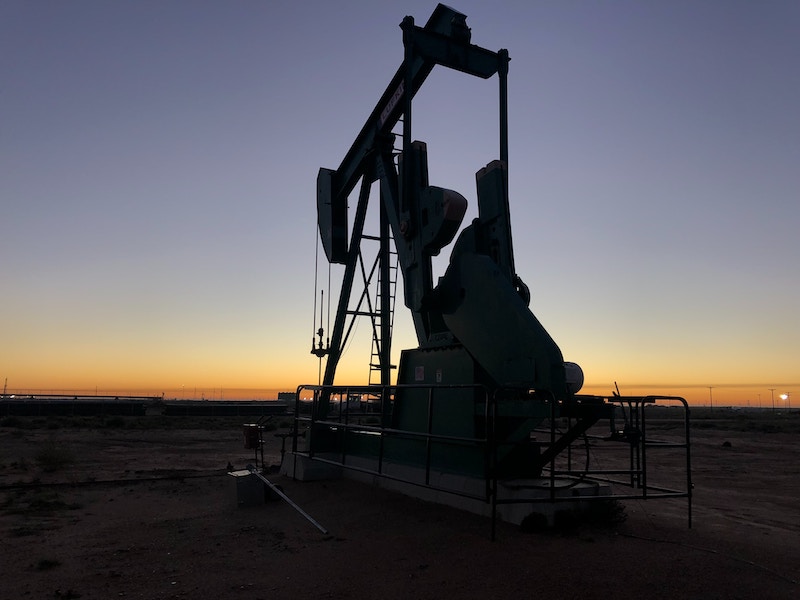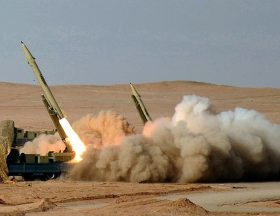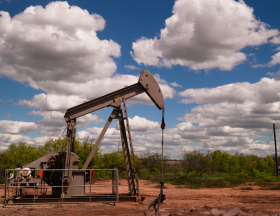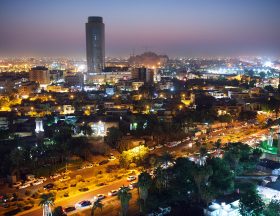Iraq is the world's 5th-largest oil producer and the second-largest OPEC producer, with an average production of 4.2 million barrels/day (MB/d) in 2024 and estimated reserves of 145 billion barrels, or 95 years of production at current levels.
The country is structurally dependent on oil production, which in 2024 represented 39% of GDP, 92% of government revenue, and 99% of export earnings. These activities are also virtually the sole source of revenue in USD, an essential currency given the economy’s heavy dependence on imports due to the significant weaknesses of the national industrial and agricultural production system.
Iraq exports the majority of its crude oil production (3.4 mb/d in 2024), with export revenues reaching USD 94 billion in 2024.
The main customers are China (1.2 mb/d), India (1 mb/d), and South Korea (0.3 mb/d). Europe is the main market outside Asia, with 0.7 mb/d exported in 2024, or 20% of total sales. There is a growing presence of Chinese companies, which account for approximately 50% of Iraqi oil production.
The rest of the sector is dominated by Western (BP, ENI, TotalEnergies) and Russian (Lukoil) oil companies. There has also been renewed interest in the sector from American companies since the beginning of 2025 (Chevron, Morgan Hughes, ExxonMobil, and HKN Energy).
In early September 2025, the Iraqi government reiterated its objective of increasing oil production capacity from 5 Mb/d to 7 Mb/d and of transforming 40% of exported crude oil into refined products by 2030 (1.5 Mb/d compared to 1.2 Mb/d currently).
These announcements come as OPEC+ continues the production increase initiated in April 2025, implying an increase in Iraq’s production quota to 4.237 Mb/d starting in October (compared to 4 Mb/d in March). Regularly exceeding this limit, the country has committed to reducing its production to compensate for its past overproduction (around 170,000 b/d in 2024).
At the same time, Prime Minister Mohammed Al-Soudani has requested that OPEC increase Iraq’s production quota.
The Iraqi oil sector is facing significant challenges and requires significant investment.
Iraq’s oil infrastructure, marked by its dilapidation and frequent failures, is hampering the country’s production and export capacity. Iraqi companies and individuals involved in facilitating Iranian oil exports are exposed to sanctions by the US administration under the Stop Harboring Iranian Petroleum Act, adopted in 2023 and strengthened in 2024.
The division of oil export responsibilities has been the subject of a bitter dispute between the governments of Baghdad and the Kurdistan Autonomous Region (ARK) since the closure of the oil export pipeline to Turkey in March 2023, leading to a collapse of the ARK’s financial resources.
An agreement was nevertheless reached between the two parties in July 2025: RAK committed to deliver 0.23 Mb/d, more than 80% of its total production, to SOMO – State Oil Marketing Organization – the national company responsible for the distribution of petroleum products in Iraq.
In return, the Iraqi Ministry of Finance will pay RAK an advance of USD 16 per barrel, in accordance with a budget amendment adopted in February by Parliament.
Oil companies operating in the Kurdistan Region are demanding payment guarantees and full compliance with contracts signed with the Erbil government to confirm their agreement. Therefore, the prospects for resuming exports via Turkey remain highly uncertain.
Source: French Embassy, Economic Service in Baghdad











Réagissez à cet article